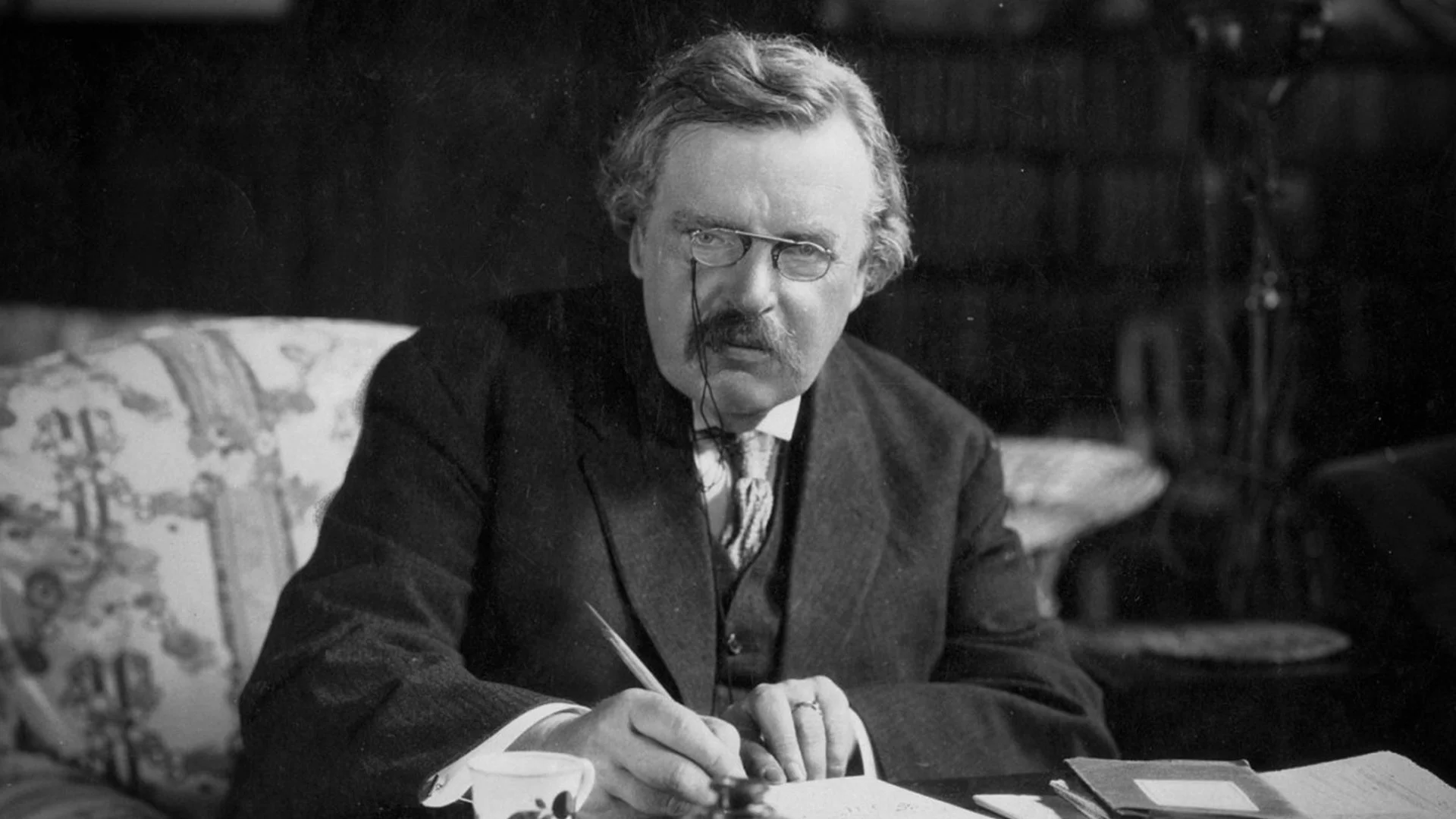I live in Atlanta, Georgia, one of most populous metros in the Southeast US. Atlanta has hosted the Olympic Games, has a World Series-winning baseball team, a renowned aquarium, and the nation’s busiest airport. It also has some of the worst traffic in the country. Of the six million people who live in the metro, about 4.5 million of them drive each day. As a result, each Atlantan spends an average of 70 hours every year stuck in traffic. Though Atlanta is ranked #10 in traffic congestion, behind cities like Chicago, Boston and Los Angeles, traffic jams in the city are common. In fact, traffic cost Atlanta drivers $1,257 each in fuel and lost work hours in 2022.[1]
As a leader inching through Atlanta’s downtown connector, five feet at a time, I’ve learned some valuable lessons to apply to life and work from the commute. You can’t use your smartphone to dictate notes to yourself while driving—Georgia has a hands-free law in place. Thankfully, Atlanta traffic is often slow enough that I can take a handwritten note here and there. I hope you might apply these important leadership lessons in your organization:
Be ready to slow down. On the Atlanta interstates, you can be zipping along at 70 MPH only to see brake lights just ahead and suddenly slow to a crawl. In your car on a thoroughfare, you have to be ready to adjust at a moment’s notice, and quick on the brakes. What a helpful lesson in leadership. In your own organization, are you ready to adjust the pace when there is congestion ahead? What if you are forced to slow down?
The Bible tells us to slow down and wait on God. Psalm 62:5 instructs, “For God alone, O my soul, wait in silence, for my hope is from him.” Sometimes as a leader, slowing down is the best thing you can do. You’re likely to miss something important if you live and work at a hectic pace. We seldom are at our best when in a rush. When we are a little slower, a little more methodical, we make better decisions. More importantly, we are in a mental state to wait on God and truly listen to His voice as He influences our lives and leadership.
A little progress is still progress. Depending on the time of day, a commute through Atlanta can take a half-hour, or the same distance might take two hours. When traffic is heavy, it moves at a snail’s pace. But it still moves. Even “stop-and-go” traffic still has some “go” in it. This is a great leadership lesson in that all forward progress is still progress. As leaders we don’t always have control of our pace. External factors can affect our forward momentum.
A typical Atlanta rush hour traffic map, showing total gridlock.
And slow progress it’s also points to an opportunity to use time wisely. Ephesians 5:15 warns us, “Look carefully then how you walk, not as unwise but as wise, making the best use of the time, because the days are evil. Therefore, do not be foolish, but understand what the will of the Lord is.” Wise use of time means we’re not wasting it. We often over-estimate what we can accomplish in the short term, but under-estimate what we can do long-term. Don’t lead solely for the immediate wins. Instead, look to the horizon and realize that steady progress, though sometimes slow, will eventually get us where you need to go.
People love to see a crash. Delays on Atlanta Interstates are commonly due to wrecks. Normally, these are quickly moved to the shoulder of the road. But a couple of sets of flashing lights on the horizon are all it takes for people to take their foot off the gas and crane their necks to see what happened. We are backed up for miles and approach a wreck thinking lanes are blocked, only to discover everybody has slowed down to look, and the road is clear ahead just after the fender-bender. It seems we all are curious when someone else crashes. This is neither helpful nor productive.
As leaders, what happens when we see someone crashing in your organization? Do we watch from a distance, or do we pull over with intention and determine how we can help? In leadership, the success and support of people is a key facet of growing the organization. Galatians 6:2 tells us to “Carry each other's burdens, and in this way you will fulfill the law of Christ.” This is a call for leaders to stop staring at the crashes around us, and instead pull over, stop, and help those in need. Is there someone in our sphere of influence that we know is in difficulty and we may be in a position to help?
The journey is always longer than you think it will be. I moved to Atlanta years ago from a smaller city. Where I lived previously, you could go all the way across the metro in about a half-hour. In Atlanta, however, the journey length is unpredictable. It’s usually a half-hour to the nearby grocery store and back. And across the metro? Well, a round-trip could take the day. And no matter how early I leave, the trip is usually longer than I planned for.
That’s another helpful lesson in leadership. If we focus solely on the destination, we’ll end up wasting all the time on the road. The journey itself can have value. James 1:2-4 instructs, “Count it all joy, my brothers, when you meet trials of various kinds, for you know that the testing of your faith produces steadfastness. And let steadfastness have its full effect, that you may be perfect and complete, lacking in nothing.” The message is, oddly, to let frustrations and setbacks, even trials, be a source of joy and encouragement. These tests are making us steadfast—which means resolute and unwavering in our direction and belief.
The right guide can make all the difference. In my first year in Atlanta, I got trapped on the Interstate by a wreck ahead, spending nearly four hours sitting, with no means to exit. There were announcements on the radio and indicators on my iPhone’s app, but I didn’t engage those on the road. I quickly learned to check the map and traffic info on my phone as I was leaving the house. But even then, I had to find the right map app. Some maps aren’t accurate, or the traffic data isn’t updated in real time with helpful alerts. Once I found the right guide, though, it makes a tremendous difference. I sometimes delay my trip or take another route, based on the traffic forecast.
What do you choose to guide you through life and leadership? You might reach for a self-help book, or a leadership coach, or the latest marketing guru. Those could help, but could also steer you down the wrong road morally, ethically, spiritually. We have a powerful guide available to us in leadership: “All Scripture is breathed out by God and profitable for teaching, for reproof, for correction, and for training in righteousness, that the man of God may be complete, equipped for every good work” (2 Timothy 3:16-17). We can trust the Bible as God’s Word to us. It is the ultimate guide for our personal, professional and spiritual road trip.
Avoid the temptation to honk. Atlanta’s traffic is all-day, every-day. There’s a familiar saying that the afternoon rush hour begins at 2:00 p.m., and that Friday’s rush hour starts on Thursday at 3:00. But it’s generally a quiet and polite drive. In fact, you’ll rarely hear a horn sounding. Drivers are resigned to the fact that they can’t change the circumstance, so they just get on with it. People on the highway are already frustrated enough and they’ll get really angry at drivers who start honking at others. Honking the horn is interpreted by most as an escalation of road rage. The antidote is to just be patient and refrain from expressing frustration.
Patience in leadership is equally difficult. Expressing frustration is a natural inclination when there is no momentum or others are offensive in the waiting. Galatians 6:9 says, “And let us not grow weary of doing good, for in due season we will reap, if we do not give up.” Growing weary in good happens when a leader doesn’t see positive results. Scripture tells us to keep going—the end will be in sight soon! Just like an Atlanta commute, our destination really does exist just ahead.
[1] https://www.wsbtv.com/news/local/atlanta/study-atlanta-ranks-top-10-traffic-congestion-not-where-you-might-think/MYULW53PWZGSBG74ZFDJII5BSM/#


































Fidelity is rare. It requires our allegiance to something greater than ourselves. The value of fidelity to a leader is not a loyalty that just serves customers or a company. Rather, it is fidelity to one’s character and values.